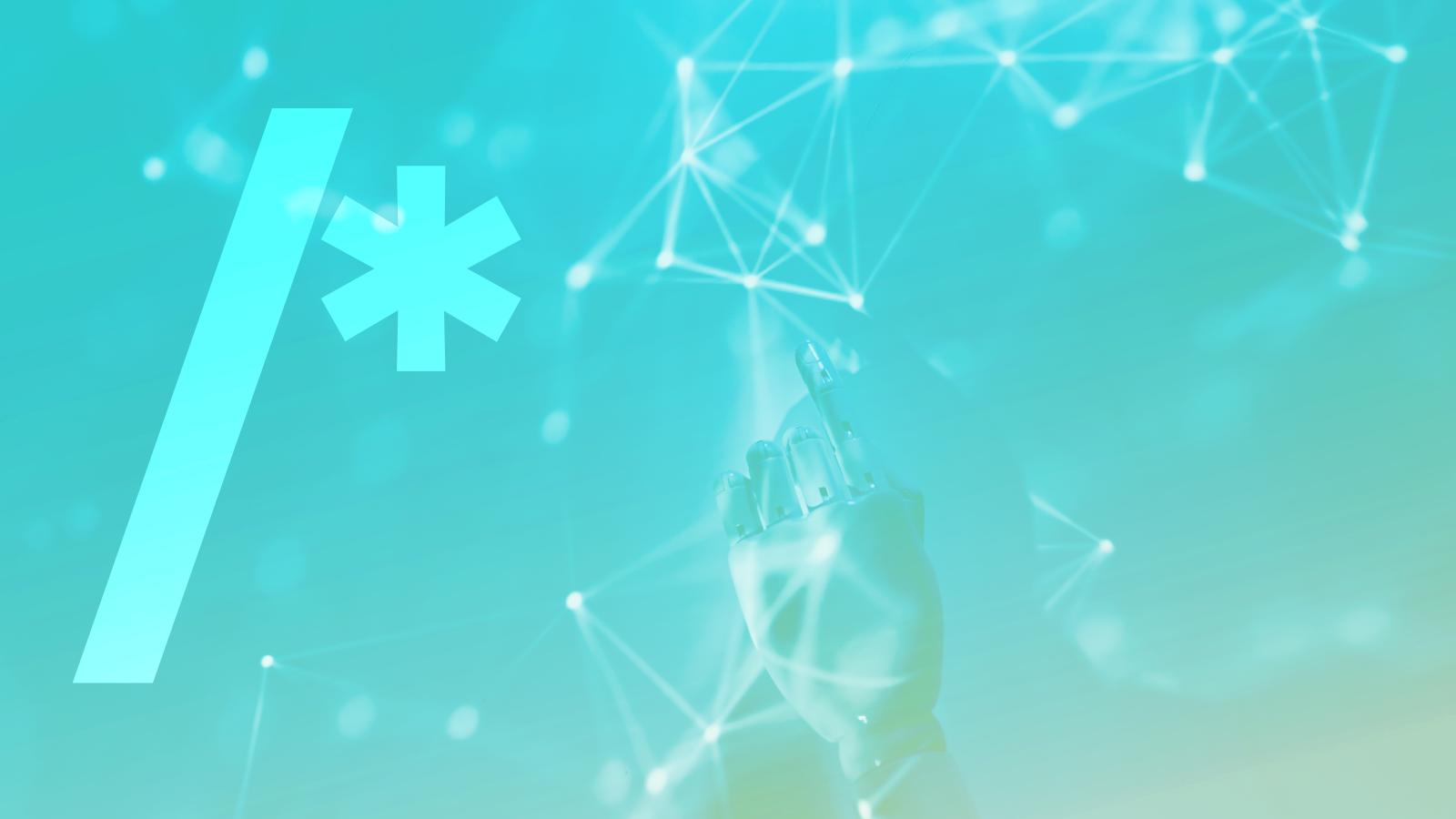
In recent years, the wide dissemination experienced by the Artificial Intelligence has opened up a world of possibilities on a global scale, from manufacturing to medicine. However, it has also brought with it a myriad of ethical dilemmas that can occur as a result of the dangers that this type of system can generate, such as climate degradation or the threat to human rights. For this reason, in this article we would like to take a closer look at the ethics of Artificial Intelligence and its importance for our society.
Artificial Intelligence in the business world
The Artificial Intelligence is completely changing the way we interact, work and live, bringing multiple benefits but without limits to avoid increasing inequalities and skewing fundamental freedoms. But it is also essential to ensure that it is used responsibly and does not cause harm to people or the planet.
Thus, ethics and Artificial Intelligence should always go hand in hand. This concerns not only the design and moral implementation of the systems, but also the social and cultural values that should be integrated into such systems. This is absolutely necessary to ensure their proper use and application.
In fact, according to a study carried out by SAS in 2017, 92% of companies believe that ethics in Artificial Intelligence is a priority. In addition, 63% of them already have committees in place to ensure that AI is used properly.
But why is the ethics of Artificial Intelligence so important, and what characteristics should these technologies have in order not to become a threat to society?
The ethics in AI is important for a number of reasons. It should be borne in mind that Artificial Intelligence does not possess empathy or empathyNeither conscience nor ethics for its own sake. Moral limits come set by the developer himselfwhich is the one that marks what is right and what is wrong. Therefore, as long as there is no ethicsIn the case of Artificial Intelligence, Artificial Intelligence will remain subject to the developer's own moral standards.
In addition, it should not be forgotten that Artificial Intelligence is not coded, but trained, So even if it was created with good intentions, it may become less morally tested or always behave as we had hoped. Thus, there is a danger of unethical decision-making.
Artificial Intelligence can be used to make our daily lives easier, through inventions such as autonomous driving or improvements in medical services. For this reason, we must ensure that it is programmed to be fair and impartial.
To address the concerns of the AI ethicsIn the past, different ethical frameworks have been developed, such as that of the ACM (Association for Computing Machinery), which sets out a set of rules that should always guide the use and development of Artificial Intelligence, without losing sight of aspects such as accountability, transparency, discrimination and privacy.
In 2019, with the objective of promoting a Artificial Intelligence that respects rights and ethical values, the EU published the "Ethical Guidelines for Trustworthy Artificial Intelligence", which set out the following requirements:
Ultimately, given that the Artificial Intelligence As artificial intelligence has an impact on people's lives and well-being, it is very important that artificial intelligence and ethics always go hand in hand in this type of project, but also in any technological innovation. For the sake of the economy and innovation, we cannot run the risk of creating unethical tools.
Are you interested in the Artificial Intelligence sector and would you like to work in it? In the Master's Degree in Artificial Intelligence and Data Sciencewhere you will acquire the knowledge and skills necessary to understand and unlock the potential of data, and gain a global vision of Machine Learning applications in the Cloud.
A cutting-edge profession that is currently one of the most promising in the labour market, which will allow you to enjoy not only an exciting job, but also a stable situation and better working conditions and salaries.
If you are looking for technology training fill in the form for more information.